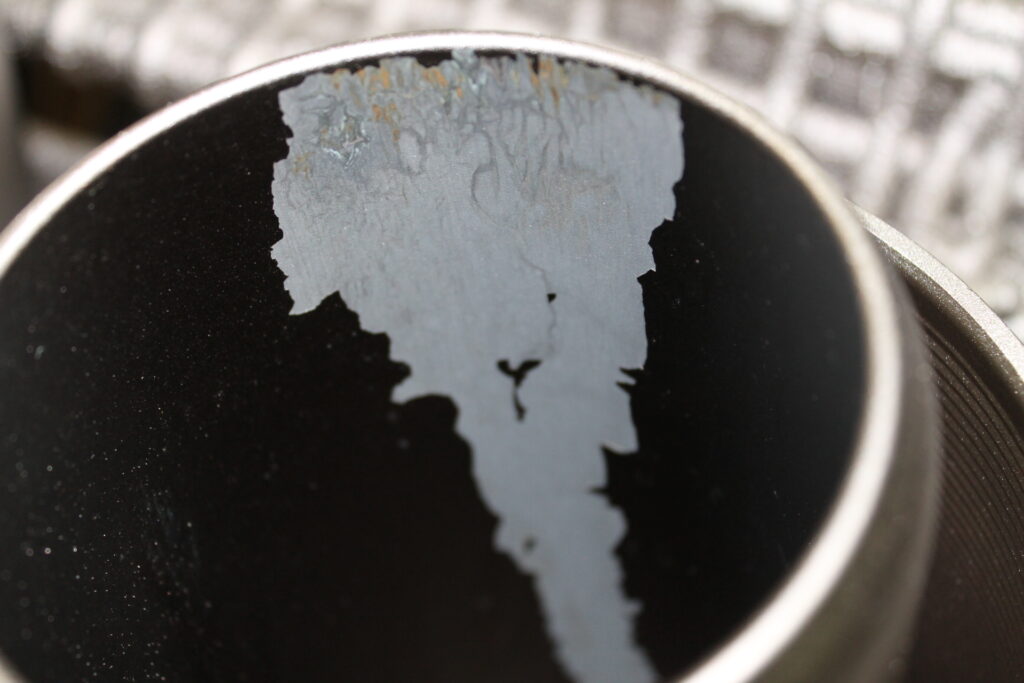Industrial coatings play an absolutely essential role in protecting the surfaces of industrial equipment from corrosion, erosion, abrasion, and friction.
Over time, though, even the most durable coatings can deteriorate, leaving your assets vulnerable to costly repairs or replacements.
Regular inspections and timely maintenance ensure your protective coatings continue to provide maximum protection.
We are Integrated Protective Coatings, the #1 qualified applicator for some of the world’s largest, most reputable coating manufacturers. What sets us apart is our relentless commitment to quality.
As one of the only industrial protective coating companies in North America with a dedicated quality assurance team, we ensure our clients receive the highest level of protection and care possible so their service equipment is protected in some of the world’s harshest environments.
This blog will provide some key signs indicating that your industrial coating may need maintenance or reapplication. If you have questions about how to protect your service equipment, contact our dedicated support team here.
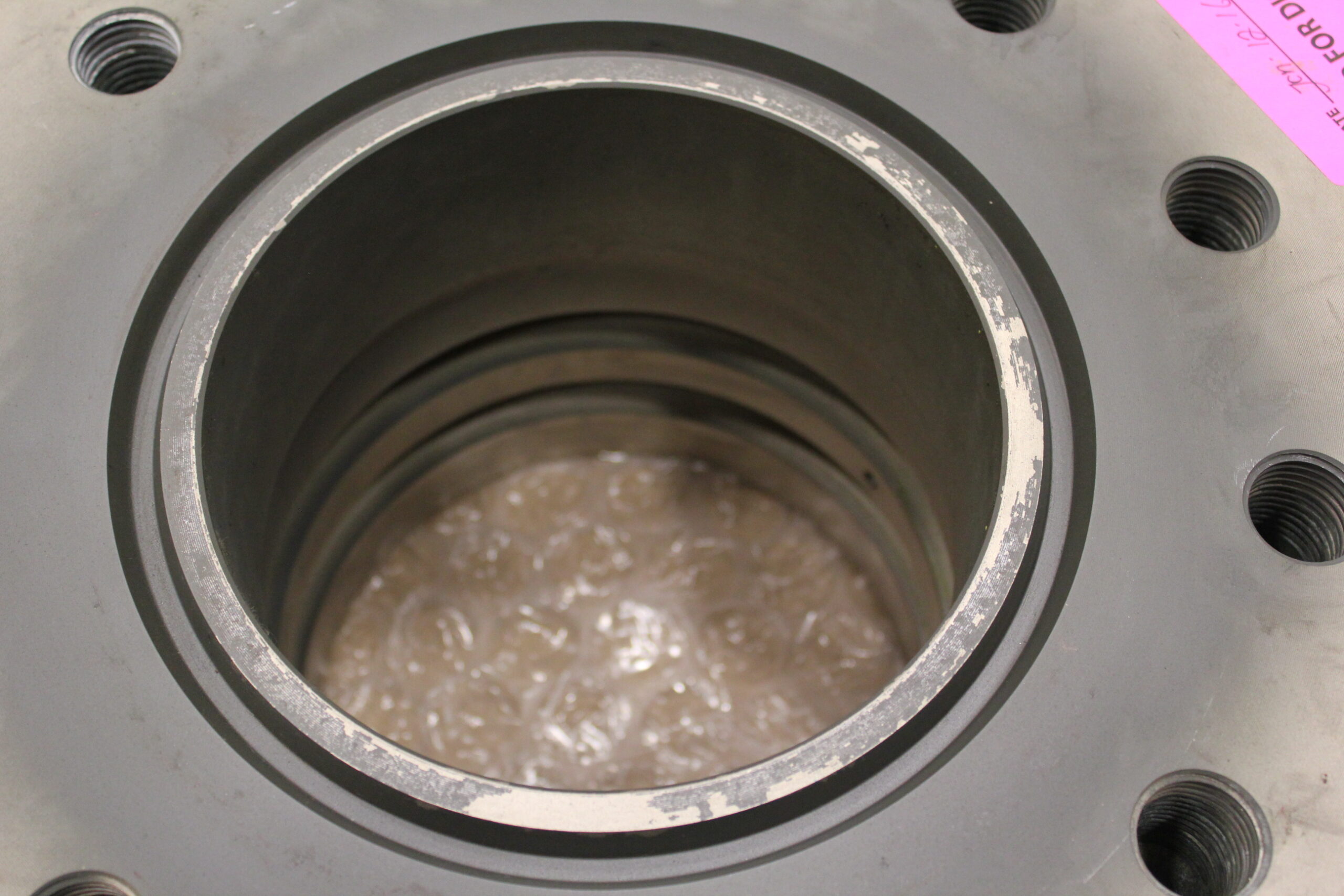
Visible Cracking or Peeling
Cracks, peeling, or flaking paint are clear indicators that your coating is no longer adhering properly.
Some reasons your coating may be peeling:
- Surface Preparation: Oils and contaminants on a metal’s surface before the coating process takes place can prevent proper adhesion. Companies like IPC that have detailed and rigorous surface preparation processes, such as sandblasting, can increase durability. For example, our highly skilled team of sand-blasting operators and our state-of-the-art 10,000 ft2 sandblasting bay and advanced dust collecting system ensure all materials we coat are thoroughly prepared beforehand so your coating remains intact and stands the test of time.
- Application Technique: The protective coating application techniques used can impact how long a layer will last. IPC uses state-of-the-art professional equipment and expert applicators to ensure your coating lasts longer.
- Regular Wear and Tear: An area exposed to frequent corrosion or abrasion will peel faster. For example, some of our clients operate projects in harsh seawater conditions around the globe, meaning their equipment is subject to more erosion than assets working in less harsh conditions.
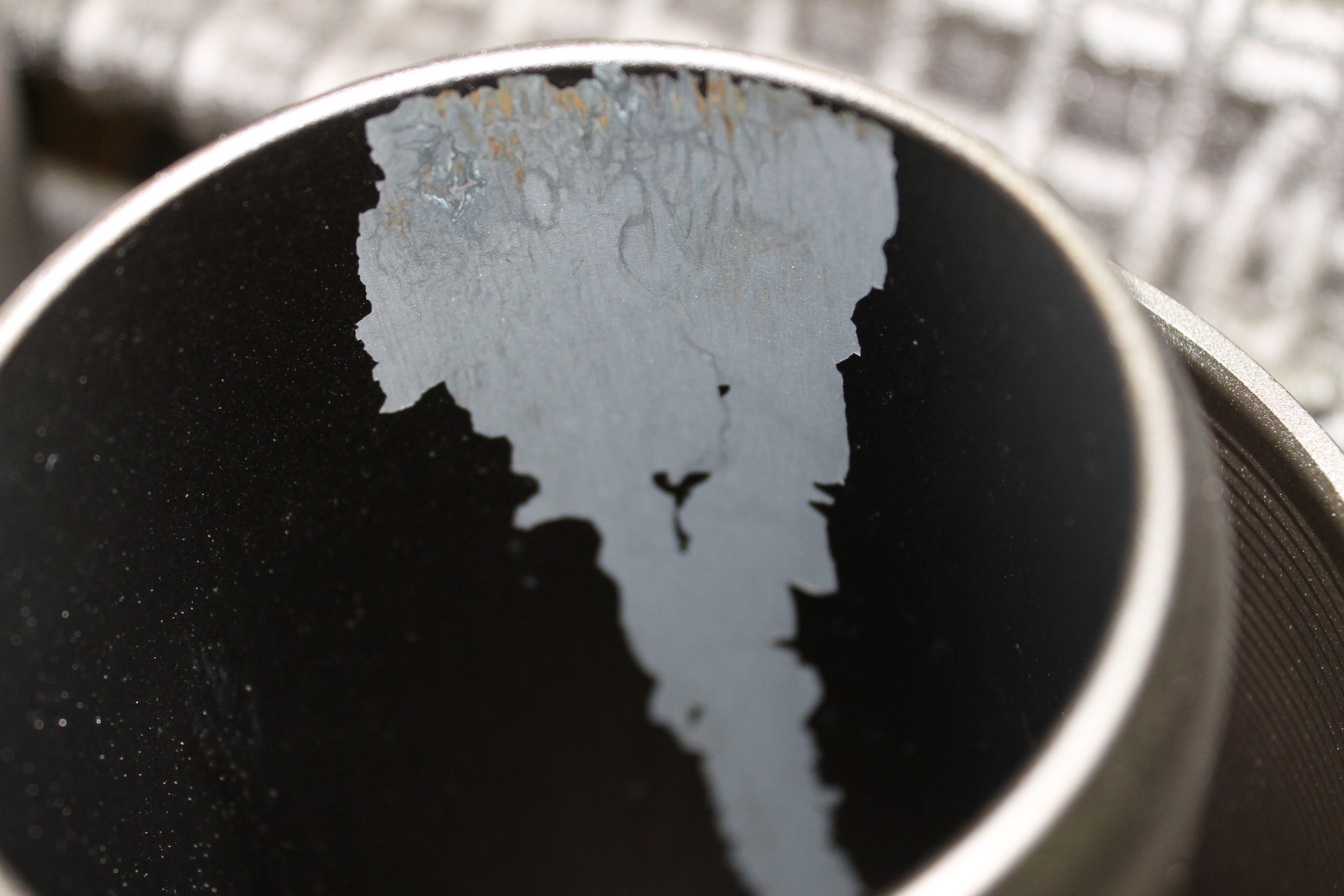
Fading or Discoloration
Discoloration is often a sign of UV damage or chemical exposure. While a faded coating might still offer some level of protection, its integrity may be compromised. Reapplying the coating can restore both aesthetic appeal and functional durability.
Rust or Corrosion Formation
The primary purpose of industrial coatings is to prevent corrosion, erosion and abrasion. If you notice rust forming on metal surfaces, your coating has likely worn down, exposing the substrate to environmental factors. Addressing this early will help you prevent further deterioration and expensive repairs, potentially delaying your project and shutting down operations.
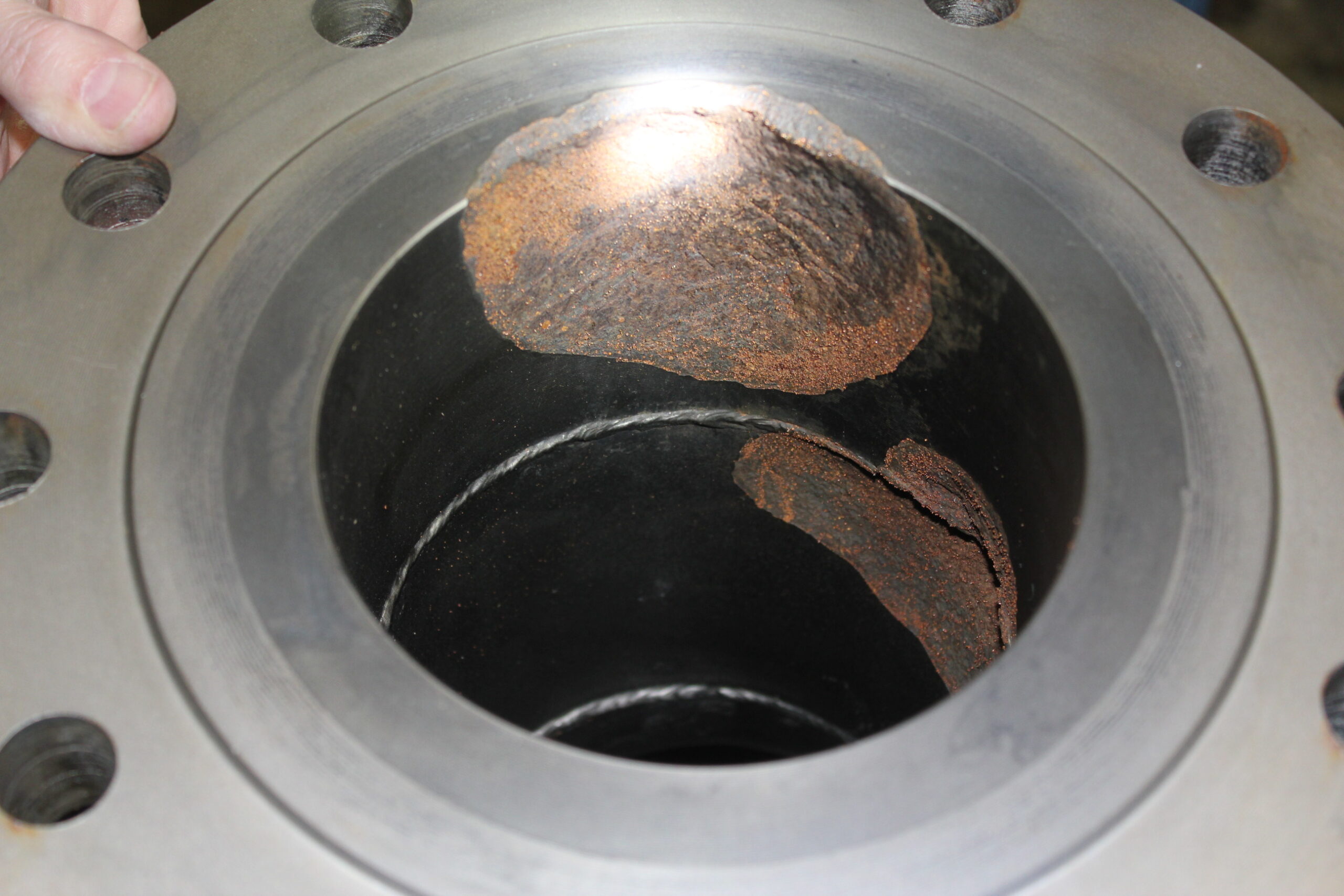
Surface Blistering or Bubbling
Blisters and bubbles in the coating often indicate trapped moisture or improper application. These imperfections weaken the protective layer, making it easier for contaminants to penetrate and damage the underlying material.
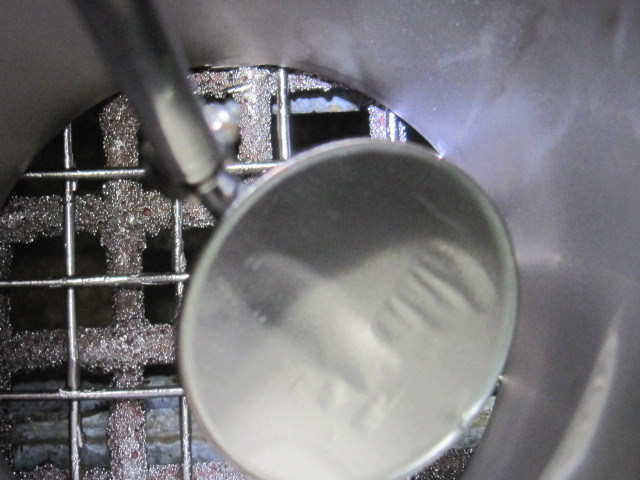
Increased Surface Roughness
If a previously smooth surface becomes rough or chalky, the coating may be breaking down. This can be caused by prolonged exposure to harsh weather conditions, chemicals, or general wear and tear. A fresh application of protective coating can restore the surface’s integrity.
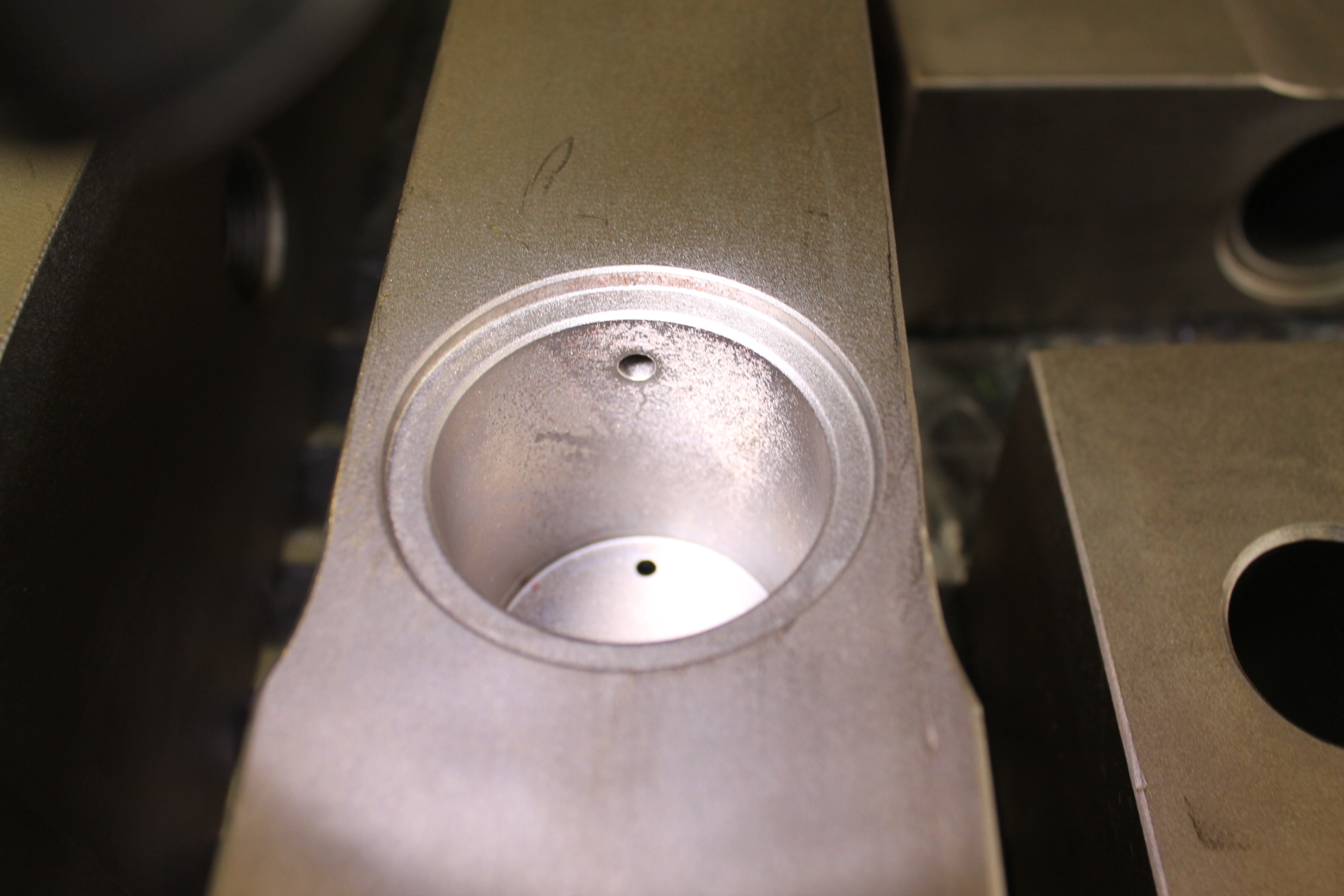
Decreased Performance or Protection
If you start noticing increased maintenance issues, such as frequent cleanings or more rapid deterioration of the underlying material, it may be time for a coating reapplication. A worn-out coating loses its protective properties, leaving equipment and structures vulnerable.
Why Trust IPC For Your Protective Coating Needs?
Partnering with a professional industrial protective coatings company is an essential step in ensuring your project moves forward on time and within budget.
We offer cost-effective protective coating alternatives to exotic alloys that not only extend the life of your equipment but also prevent service disruption, which ensures no money is wasted on project delays and equipment replacement.
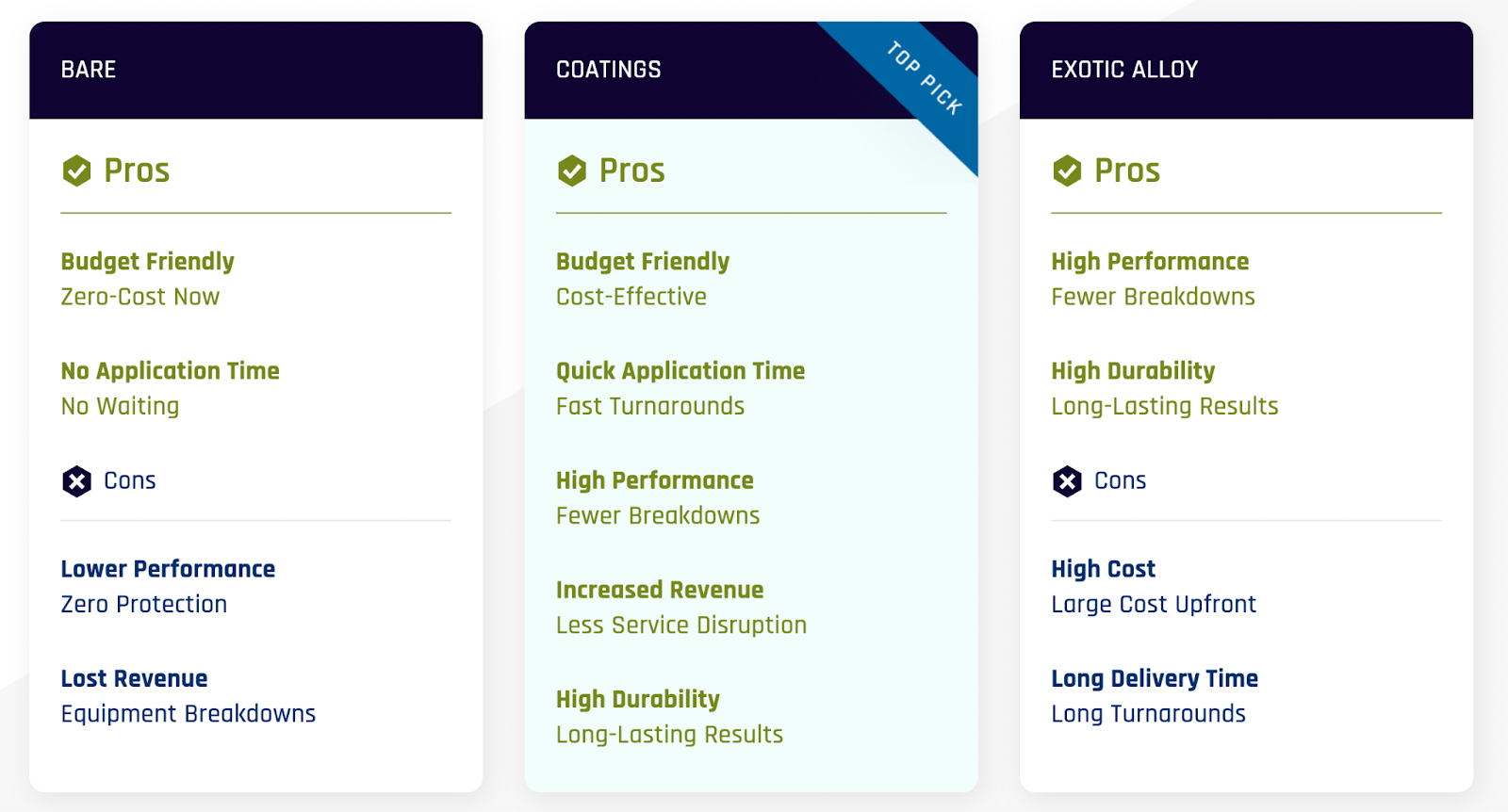
Additionally, we have a dedicated department whose primary focus is quality control. Our AMPP-certified inspectors conduct a final comprehensive inspection, including several tests to guarantee uniform coating distribution, optimal substrate adhesion, and absence of porosity or other surface defects. They also ensure the coating thickness is correct. This meticulous process offers you the ultimate assurance that your equipment is prepared to operate reliably in any environment your project demands.
If any of your service equipment shows signs of degradation, it may be time for a maintenance assessment. Contact our team today here or call +1 800-856-4959 to find out what protective coating solution is right for you.
